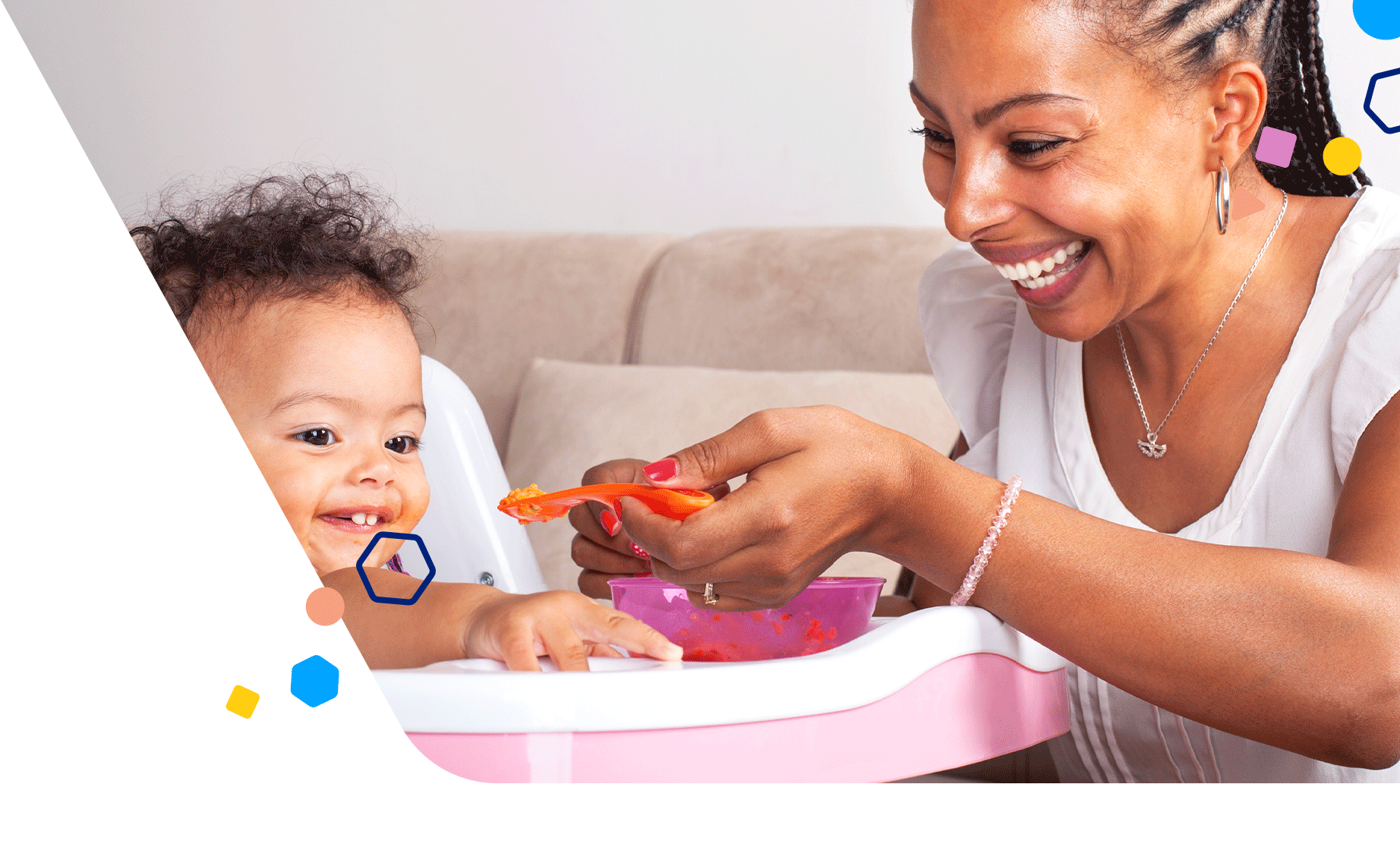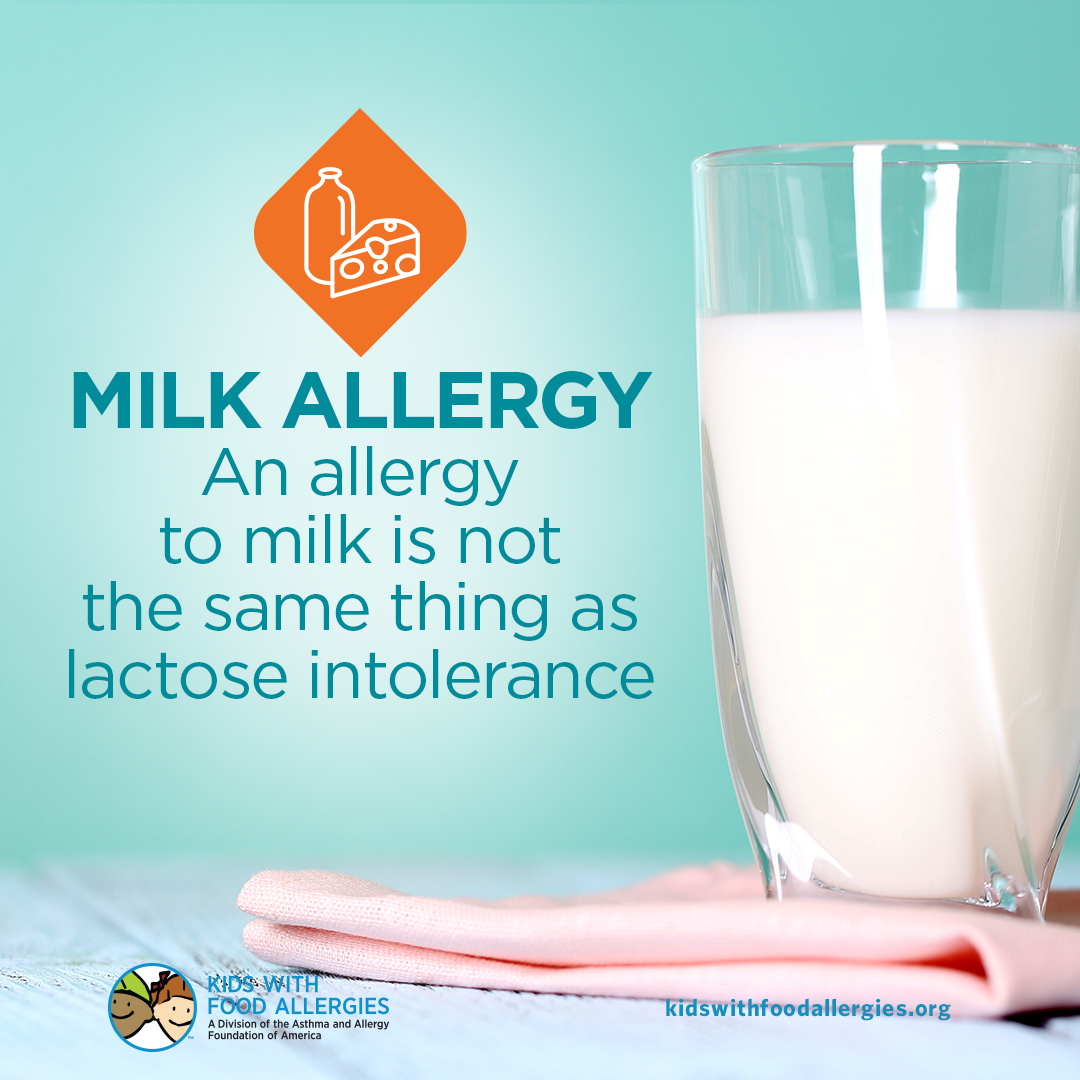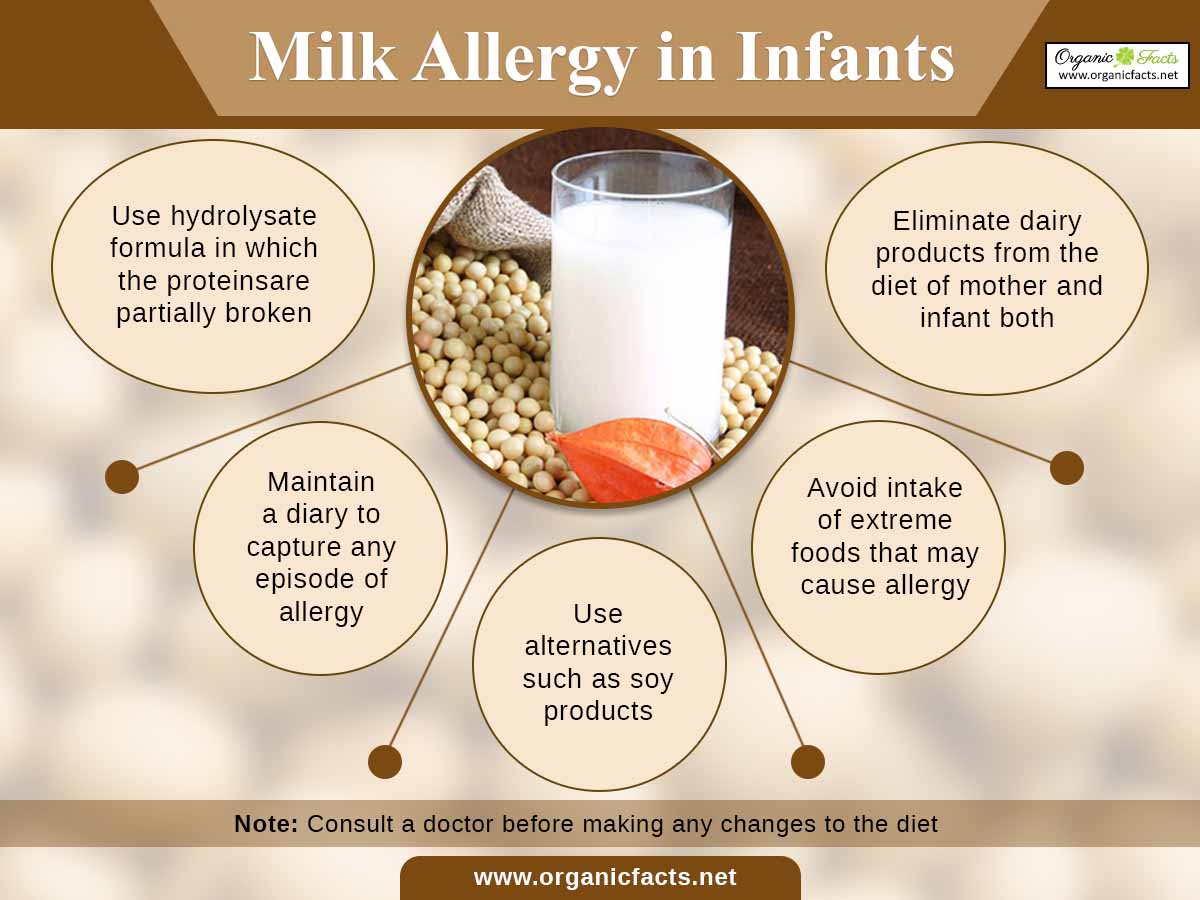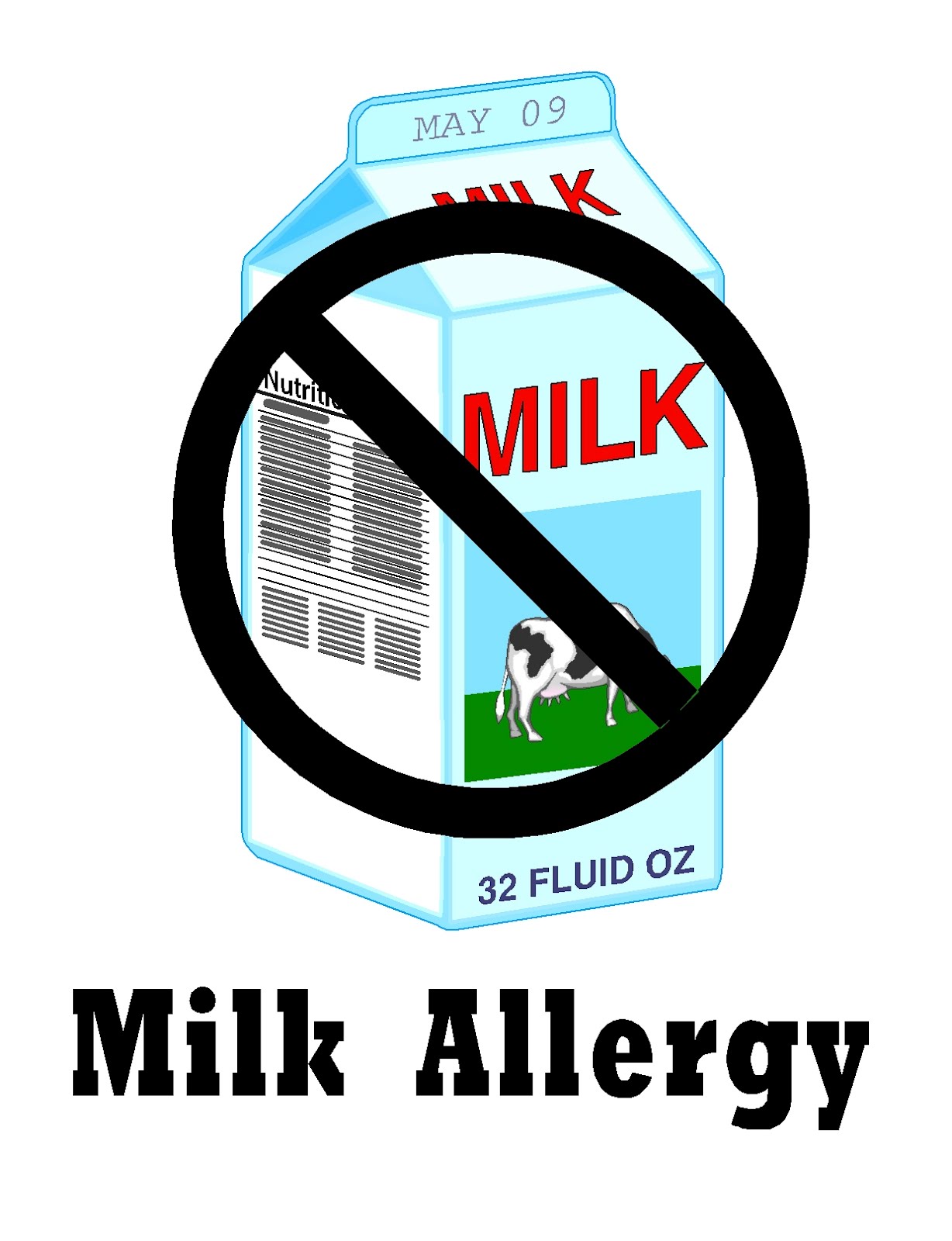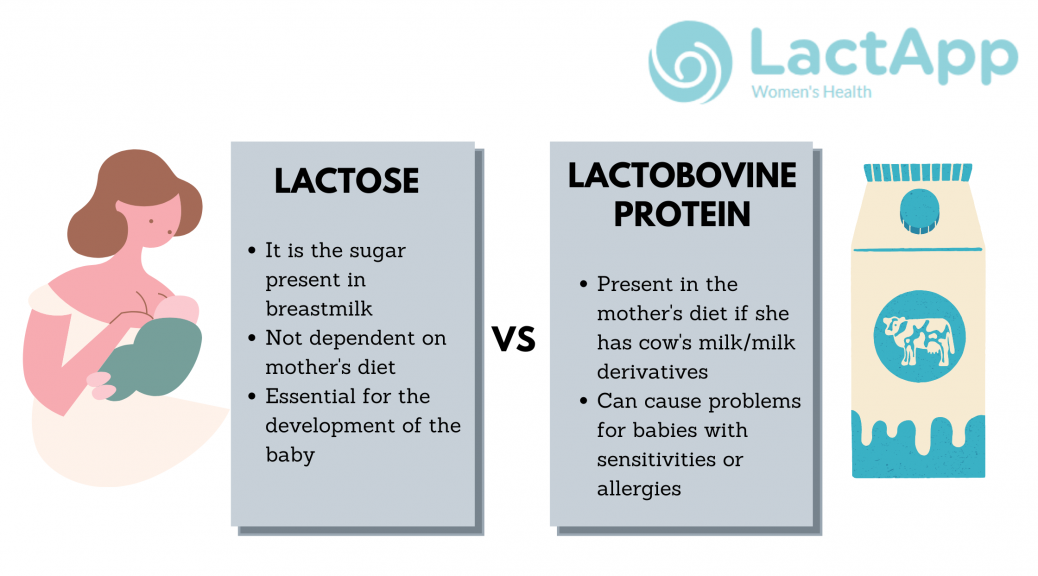Neat Info About How To Tell If Your Infant Has A Milk Allergy

Symptoms include swelling of the lips, hives, rashes, vomiting, diarrhea, and breathing difficulties and can range from mild to severe.
How to tell if your infant has a milk allergy. Signs and symptoms of milk allergy range from mild to severe and can include wheezing, vomiting, hives and digestive problems. Symptoms include stomach problems, itching, rash and tingling around your mouth. But if you’re breastfeeding and your baby is diagnosed with a cow’s milk allergy.
If your child is allergic to milk protein, it may cause symptoms in multiple areas of the body, including: Milk allergy can also cause. They will be able to assess if your baby's symptoms may be.
Hives (red, blotchy skin that can. In children who show symptoms shortly after they have milk, an allergic reaction can cause: Vomiting or stomachache (this may show up as irritability, fussiness or poor feeding) respiratory:
The doctor will examine your baby, and might order some stool tests and blood tests. While rare—especially among breastfed babies—milk allergies can be severe or fatal. Up to 3% of infants have an allergy to cow milk protein.
A milk allergy is the body's abnormal response to the proteins found in cow's milk. How do i know if my baby has a cow's milk allergy? Shellfish (such as crab, lobster and shrimp) the most common high allergy foods in a baby’s first year include cow’s milk, peanut and egg.
An allergist can diagnose a milk. Breathing problems, coughing or wheezing cardiovascular:. Allergies and breastfeeding or formula feeding.
Signs of lactose intolerance include gas, bloating, and. Has a swollen tongue can i still breastfeed if my baby has a milk allergy? Milk allergy is most common among infants and young children.
The doctor may refer you to an allergist, who might do skin testing. If your baby has a cows'. Exclusive breastfeeding or first infant formula is recommended for around the first 6 months of life.
Facial swelling (including the lips or tongue) what to do if your baby has a formula allergy advertisement | page continues below advertisement many formulas. If your baby has symptoms of either a milk allergy or milk intolerance, see your pediatrician. Your doctor may do blood work to look for signs of allergies in your baby’s system.
Signs and symptoms of milk allergies. If you think your baby is having a reaction to cows' milk, see your gp or health visitor to discuss your concerns. A severe milk allergy may cause anaphylaxis.


